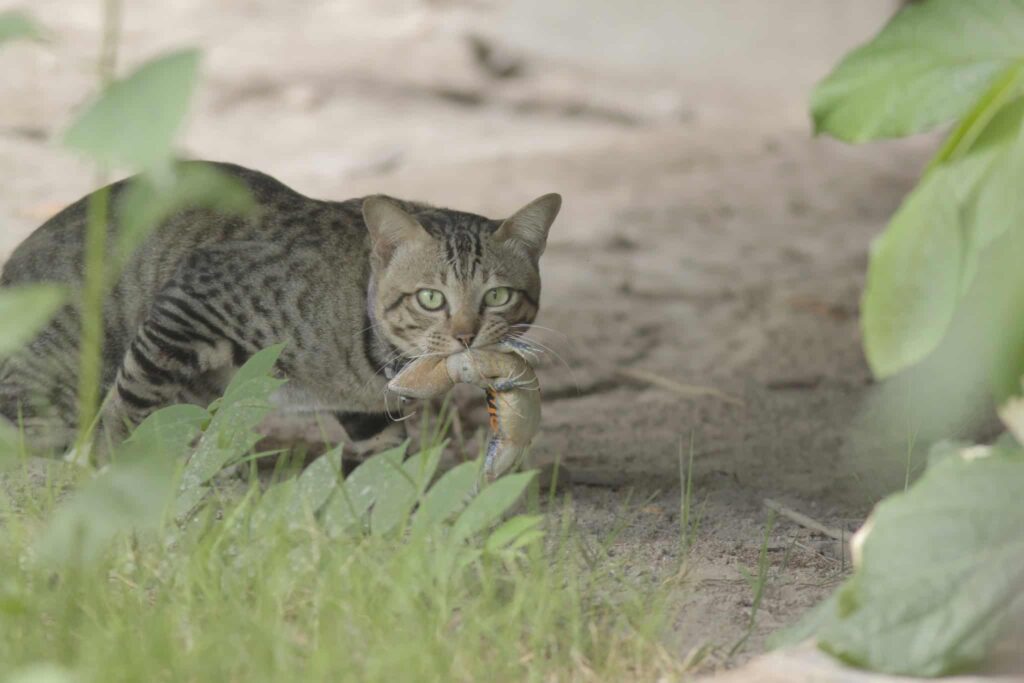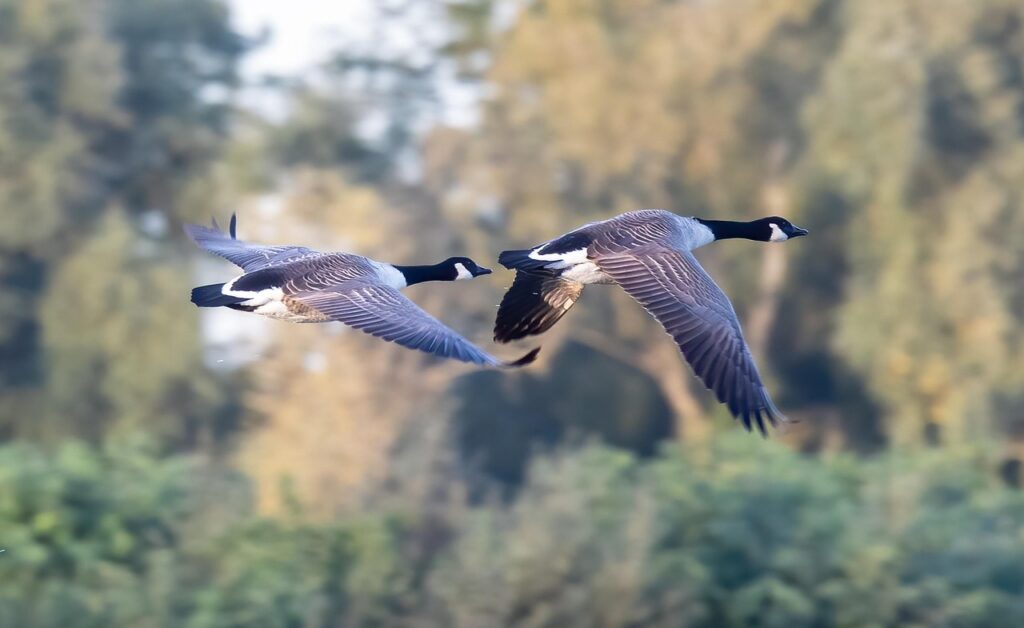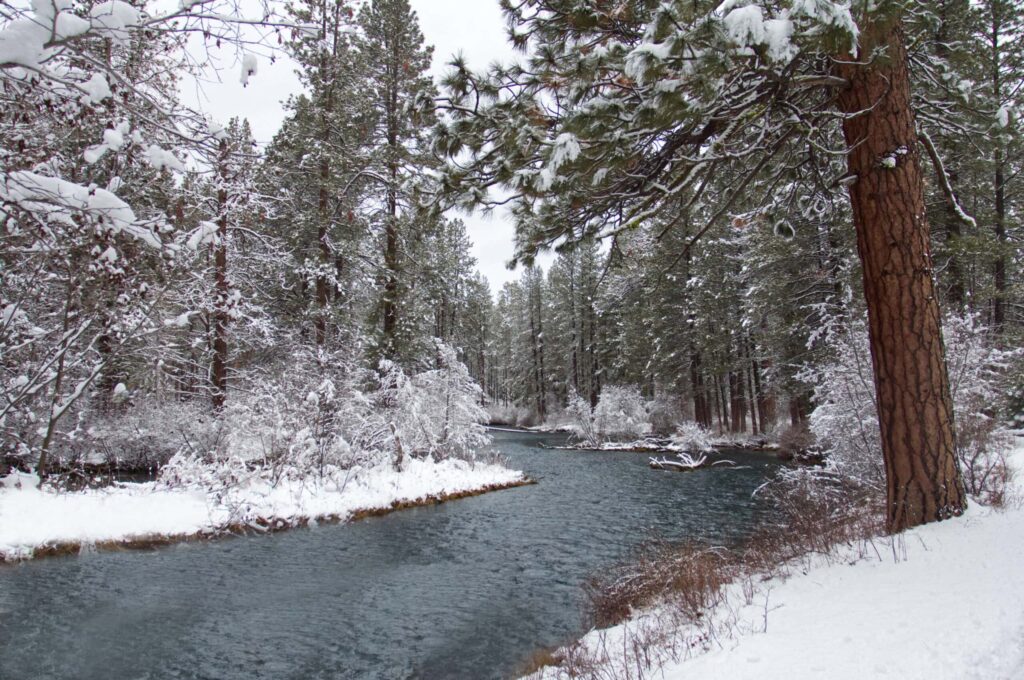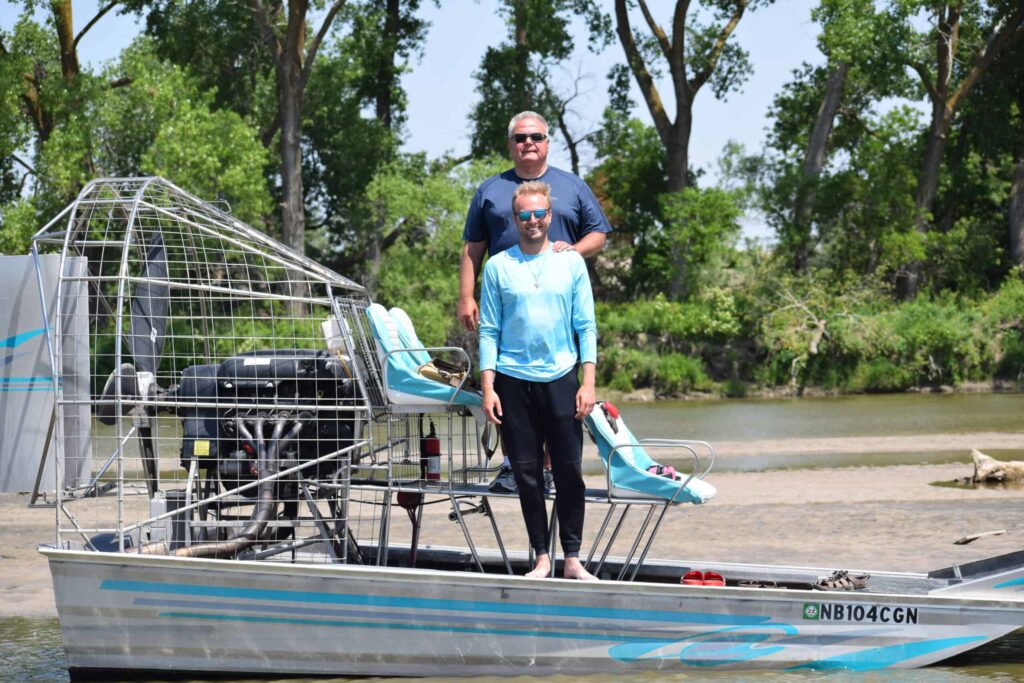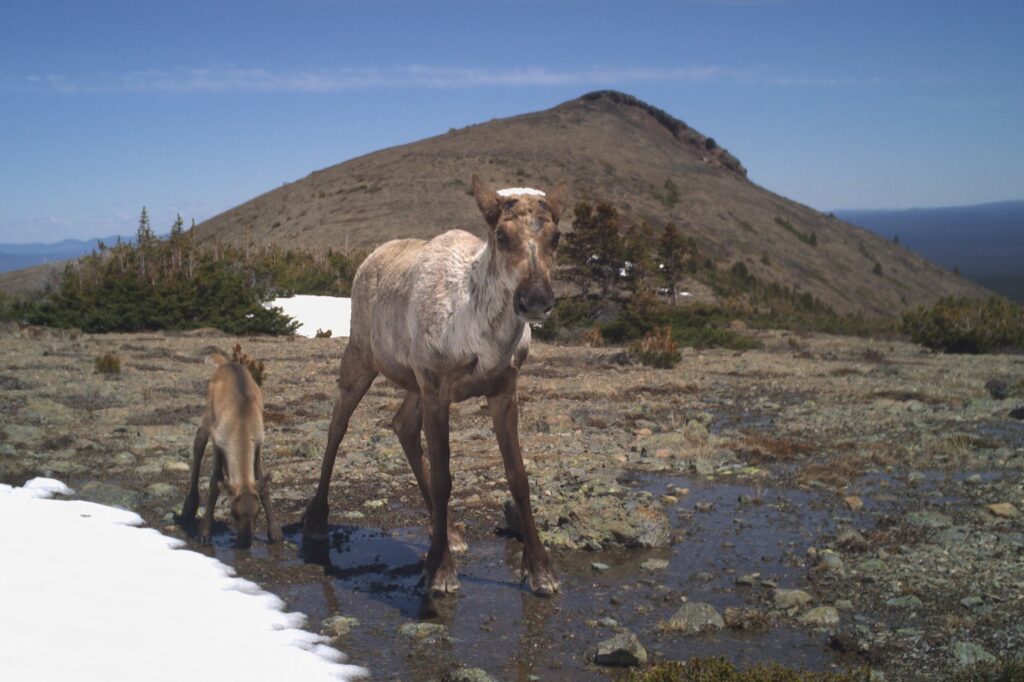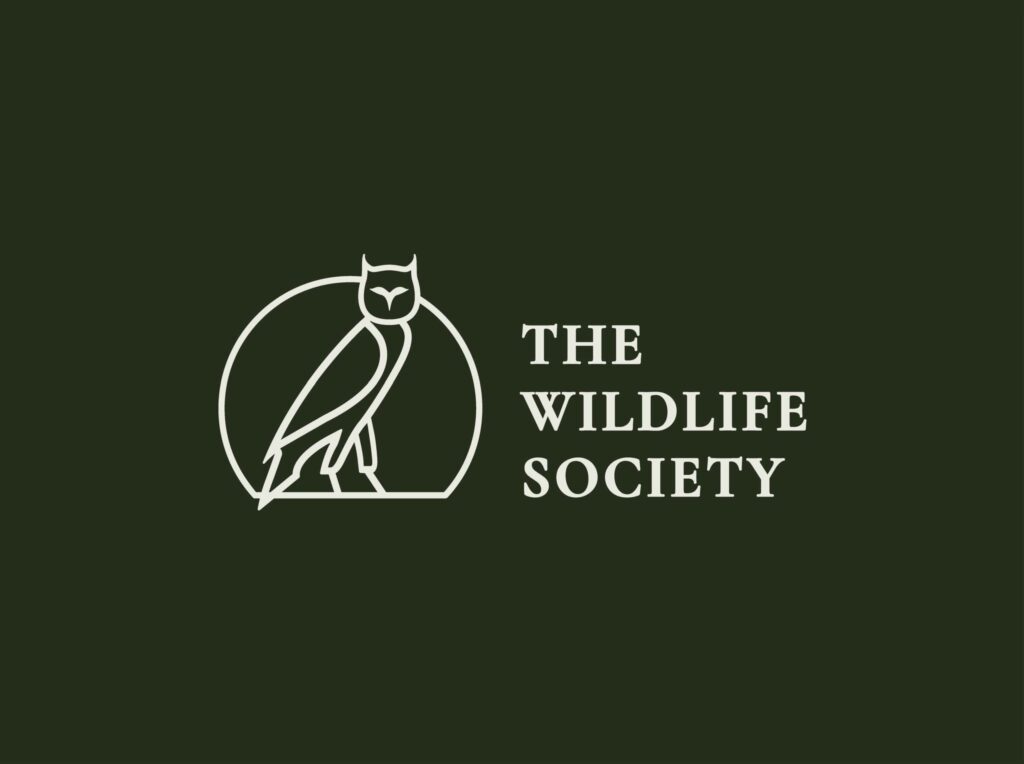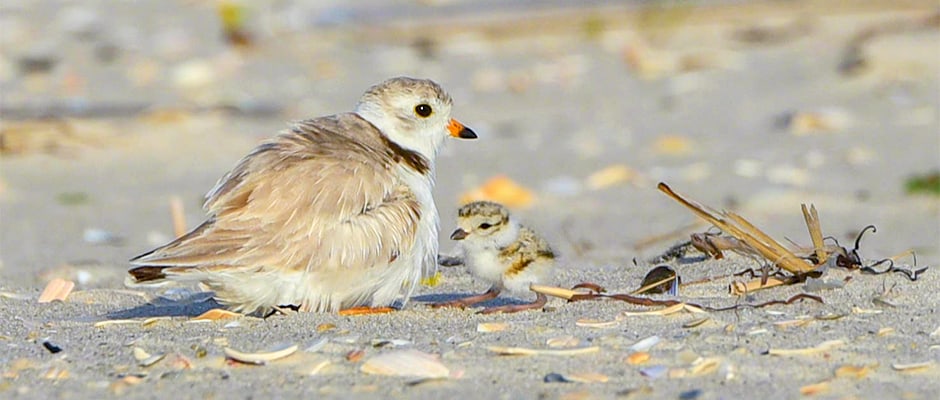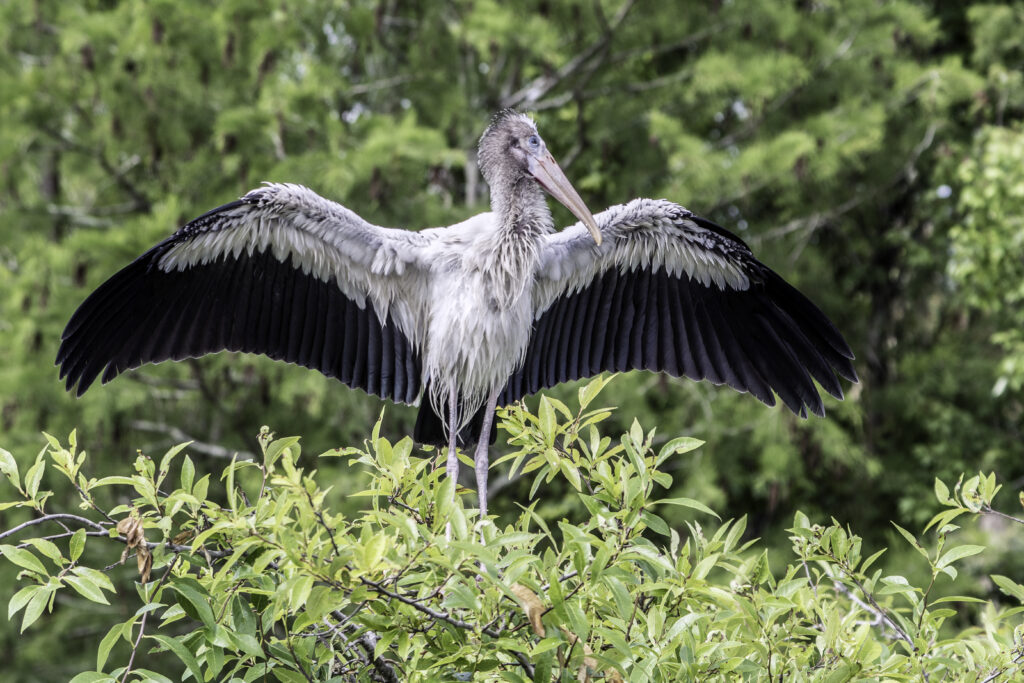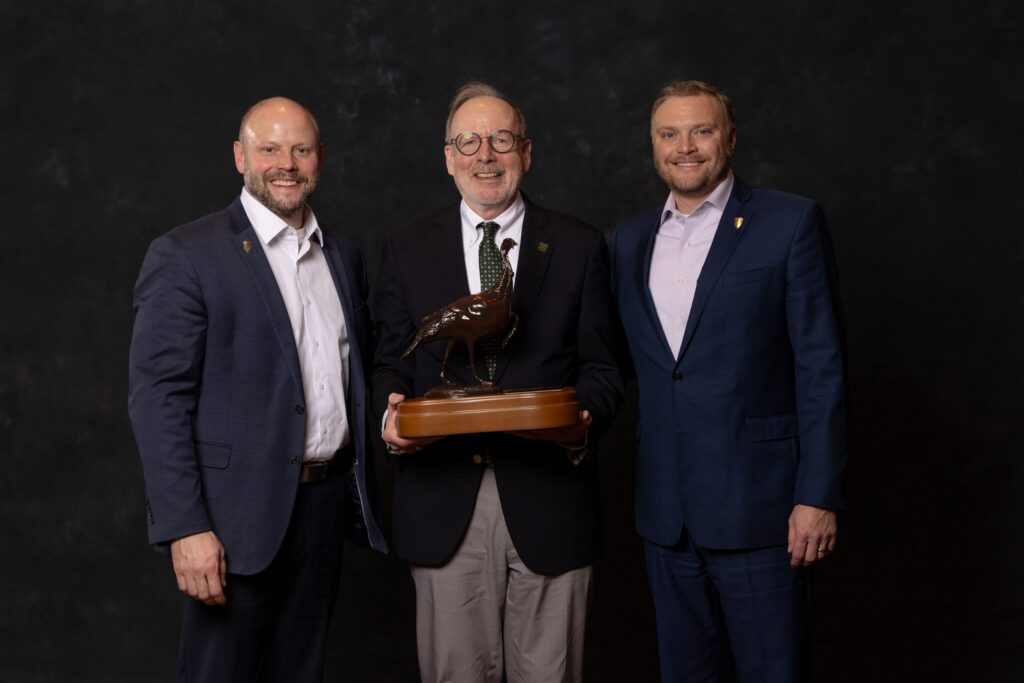At Island Beach State Park in New Jersey, wildlife biologists are celebrating the arrival of three birds that look like cotton balls on toothpicks.
“That’s not an exaggeration,” said Christina Davis, an environmental specialist with the New Jersey Division of Fish and Wildlife, who has watched the chicks scuttling around the sandy shoreline. “They are very, very tiny.”
The birds are week-old piping plovers (Charadrius melodus), the first to hatch in the park in more than a decade and the first on the ocean side of the island in 25 years. The species is listed as endangered in New Jersey, and it has been protected under the U.S. Endangered Species Act since 1985. While the Atlantic population as a whole is increasing, numbers in New Jersey have held steady at around 110 breeding pairs since 1987. Wildlife biologists are hopeful that Island Beach State Park will produce more chicks in future years.
“It’s a place that we really feel is important to the recovery of this species,” said Davis. “It makes us feel really hopeful that after such a long period of being absent from this site, those birds can come back.”
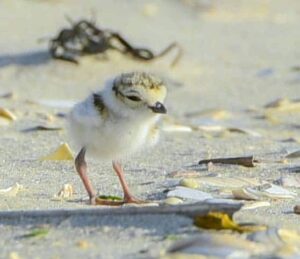
Piping plovers nest on the same kinds of beaches humans like to visit, and the birds are running out of undisturbed space. Their eggs sit in shallow depressions on the ground, protected only by camouflage. As soon as chicks hatch, they begin foraging for themselves in the intertidal zone, running back up to the dunes when threatened or crouching and freezing when their parents pipe a warning. Both the eggs and the chicks are hard to spot and easy to crush.
All through June, staff members at Island Beach State Park protected the four plover eggs. Now they are doing their best to help the three surviving chicks, closing a 2,400-yard stretch of beach to dogs and motorized vehicles. Davis acknowledges that the temporary closure is inconvenient for anglers who access the beach using off-road vehicles. She hopes recreationists can be patient, using other parts of the park or enjoying the nest area on foot until the chicks learn to fly in early August.
Of course, the chicks may not survive that long. Plovers chicks are prey for everything from gulls to cats to ghost crabs, says Davis. They face more predation risk than in past centuries, thanks to human activities that support large numbers of predators such as foxes and raccoons. At Island Beach State Park, one of the four chicks disappeared within hours of hatching. But so far, says Davis, the three survivors are doing great.
“If we can get birds to fledge there, to us it’s a great success,” she said. “Hopefully some of these young will come back and try nesting again.”
Article by Nala Rogers